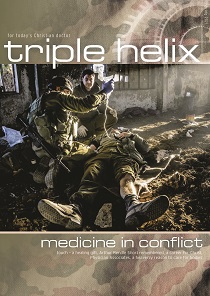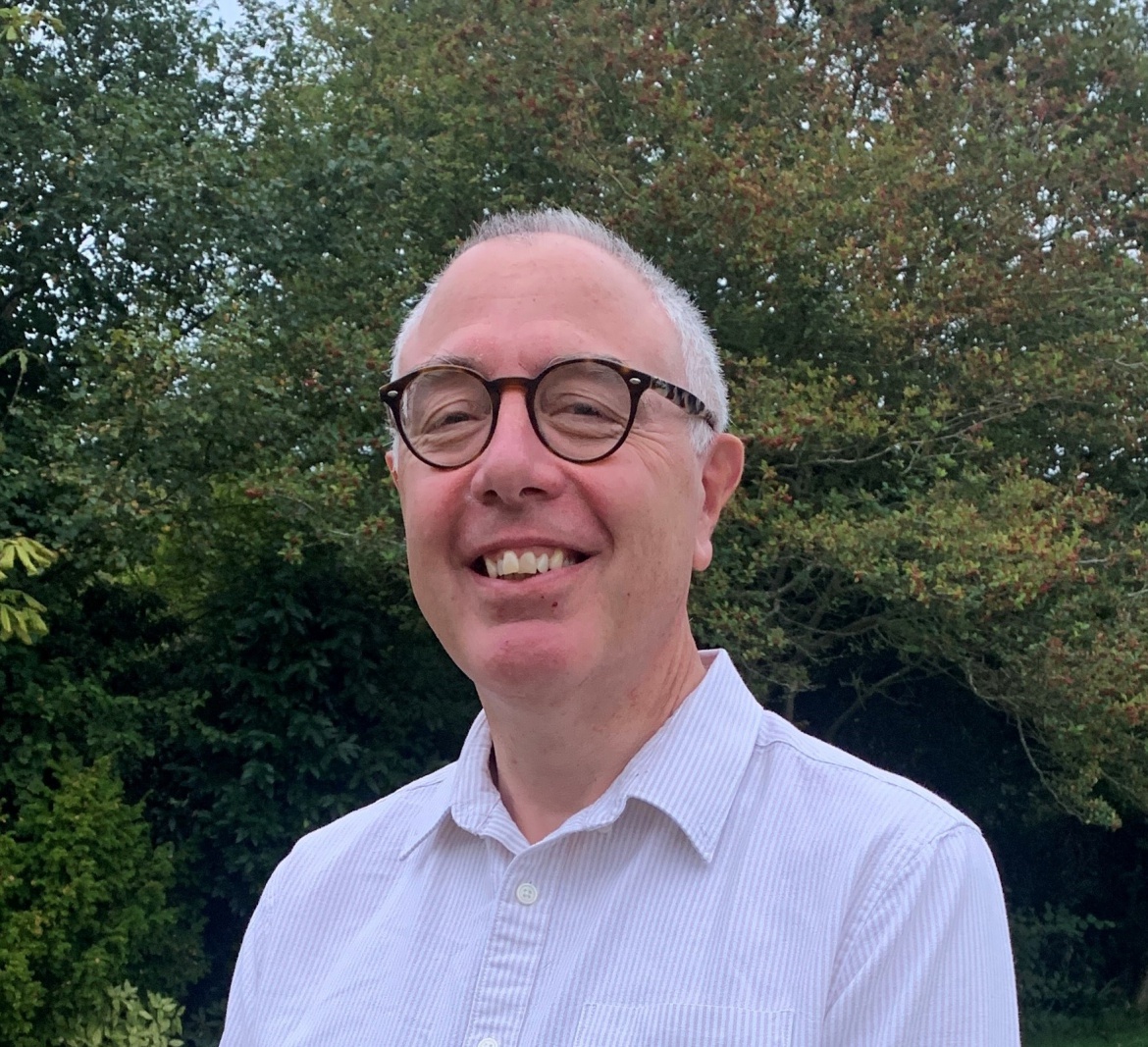In Christ, all people are equal; neither male nor female, slave nor free. [1]God treats us all the same. God also expects us to act justly, to love mercy, and to walk humbly with our God. [2]In Isaiah, God tells us that he expects us to 'share [our] food with the hungry and to provide the poor wanderer with shelter'. (Isaiah 58:7) Throughout the Bible, God demonstrates his love and protection for the poor and vulnerable.
Since it started in China at the back end of 2019, COVID-19 has killed more than two million people and this is expected to hit three million by April. The approach to COVID-19 has varied between countries, from denial to complete lockdown and everything in between.
COVID-19 has laid bare government policies and human selfishness that have widened the gap between those that have and those that have not, between wealthy and developing countries. People have been holding their collective breath, waiting for the arrival of a vaccine. Then, like London buses, three came along almost at once, with more to follow. We should praise God that several vaccines are now available worldwide and that people are starting to be immunised.
However, rather than the world rejoicing and heaving a collective sigh of relief, we instead see political fighting and self-interest. Many high-income countries have over-ordered, with Canada leading the way with nine doses per head of population. Over half of the vaccines in production have been bought or pre-ordered by five countries and the European Union, representing just 13 per cent of the world's population. It is predicted that residents of low- and middle-income countries will have to wait until 2023 or 24 before they are vaccinated. [3]
Predictably, the political recriminations followed. The World Trade Organization chief has criticised global vaccine inequalities. [4] President Macron has suggested that countries should donate four to five per cent of their own supplies to COVAX, [5] a UN initiative to distribute vaccines to developing nations. Prime Minister Johnson has offered a substantial amount of the UK's excess vaccine, [6] and President Biden has offered $4 billion towards COVAX. [7] The scheme has so far raised $6bn (£4.3bn), but 'says it needs at least another $2bn (£1.4bn) to meet its target for 2021.' [8] Meanwhile, Russia and China have begun to send their own vaccines to Latin American and African countries in so-called vaccine diplomacy. [9]
Within countries, there have been debates about who should be vaccinated first. Healthcare and other front-line staff or the weakest and most vulnerable? In the UK, those living in nursing and care homes and their staff were in the first in line. Yet still, one-third of staff have not been vaccinated. [10]
The structure and prioritisation of the vaccination tiers have come in for criticism, especially from those caring for people with learning disabilities. [11] Adults with Down syndrome are considered 'clinically extremely vulnerable', so have been placed in category four. [12] Adults with 'a severe or profound learning disability' are in group six, but those with a less severe learning disability will be vaccinated with their age group. However, the Nursing Times reports that a study by Public Health England, released last November, found that people with learning disabilities are 'four times more likely to die from COVID-19 than the general population.' [13] For those in the 18-34 age group, the risk is 30 times greater than for the general population of the same age.
The politics around any international problem, let alone a pandemic, is always very difficult. However, the world will not be safe until everyone has access to Covid vaccines. If justice is to be done, then all people who are at similar risk should have the same access to the vaccine at the same time. Is it right that very low-risk people should be vaccinated before more vulnerable people in the same country or other countries? Especially when for some, this may mean waiting years and not weeks.
'Blessed is he who has regard for the weak.' (Psalm 41:1) 'For the needy will not always be forgotten.' (Psalm 9:18) 'Whoever gives to the poor will not want, but he who hides his eyes will get many a curse.' (Proverbs 19:17)
As Christians, we need to be a voice for the voiceless and take a stand where we can; to support a fair and equal system for everyone, wherever and whoever they are, as all people are made in the image of God.
David Smithard is a Consultant in Geriatric Medicine at Lewisham and Greenwich NHS Trust, a Visiting Professor at the University of Greenwich and the Triple Helix Editor
































